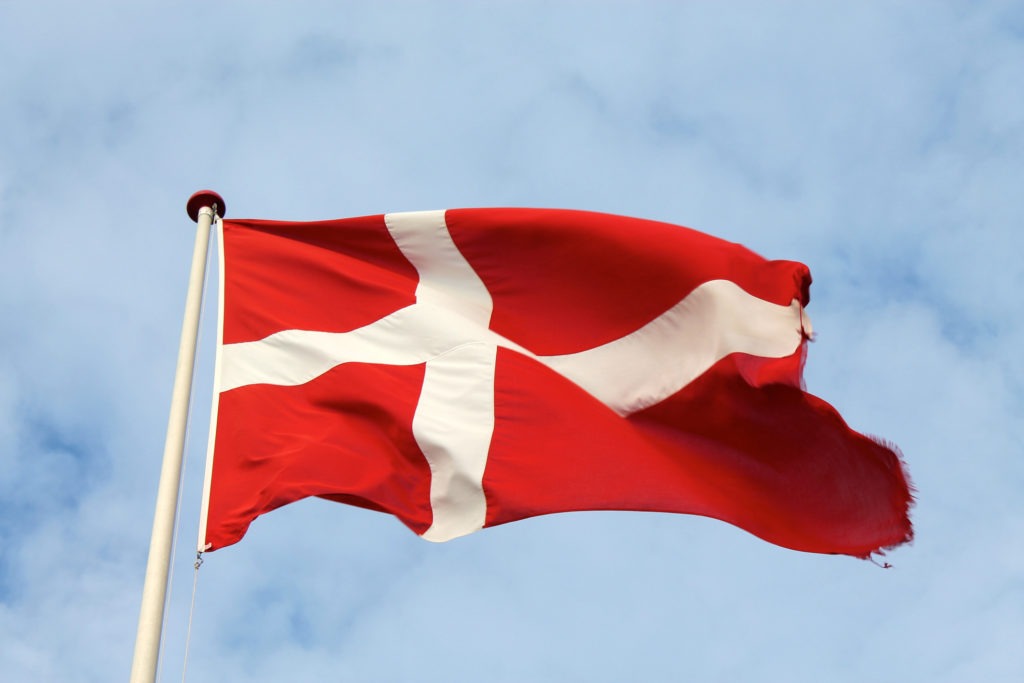Danish government plans further dramatic reduction to registration fees for cars
29 August 2017

29 August 2017
The centre-right Danish government has announced on Tuesday it is to slash registration fees for internal combustion engine cars, which have already been cut from 180% to 150%, to a levy no higher than 100%. It forms part of a sweeping package of 23 billion kroner (€3.1 billion) in tax cuts by 2025 aimed at boosting economic performance and citizen welfare in what is by OECD estimates the most taxed country in the world.
The proposals, while certainly welcome for the industry, will mean a precipitous fall in new car purchases in the country in the short term, as consumers hold off buying until lower taxes are introduced. The government says it will push through the legislation as fast as possible to minimise market disruption.
Tax revenue as a percentage of GDP for Denmark amounted to 46.6% for Denmark in 2015, according to OECD data, significantly higher than Scandinavian counterparts Sweden (43.3%), and Norway (34.1%), as well as Finland (44.0%). Denmark is also more than a full percentage point ahead of second-placed France (45.5%) and third-placed Belgium (44.8%). For comparison, among lesser taxed OECD developed country members, the UK stands at 32.5% and the US at 26.4%. The 35-member OECD average is 34.3% – more than a quarter less taxed than Denmark. Like its other high-tax Scandinavian neighbours, Danes enjoy a high standard of living including universal access to free education, hospitals, childcare and elderly care.
The Danish government’s tax cuts, which benefit all income groups, are aimed at ′making it more attractive to work and″¦ more worthwhile to save up towards retirement,’ said Finance Minister Kristian Jensen.
It hopes the measures will further lower Denmark’s already-low 3.5% unemployment rate, which has already led to concerns about labour shortages, in order to boost the economy, with an ageing population weighing heavily on the state’s finances. Through raising employment, the government aims to boost government revenues through sources including value-added tax (VAT) through greater consumer spending. Jensen has admitted the planned tax cuts will lead to an increase in government borrowing in 2018.
The drive to reduce the tax base – and the resulting squeeze on public finances – is likely to have been behind Denmark’s overly-hasty roadmap for progressively removing tax breaks on electric vehicles (EVs) – which led to EV sales in the first quarter of this year collapsing more than 60%.
Jensen also argues that through growing the economy, the tax cuts will also allow for more growth in public spending, saying that critics are pushing a gross ′simplification’ of economic principles. He added: ′There’s still room for growth in public spending, and room to prioritize, as this government does, welfare for Danes″¦ This is not a zero-sum game [between taxes and welfare].’
Nevertheless, analysts are questioning whether the proposed economic stimulus package will deliver sizeable benefits, and how quickly Danes will feel the benefit.
The key issue is this shortage of labour, with raising immigration levels blocked by the opposition Danish People’s Party, which the government relies on to get new legislation voted on through parliament. Denmark’s economy is booming, but these labour shortages threaten to curtail this growth in the future.